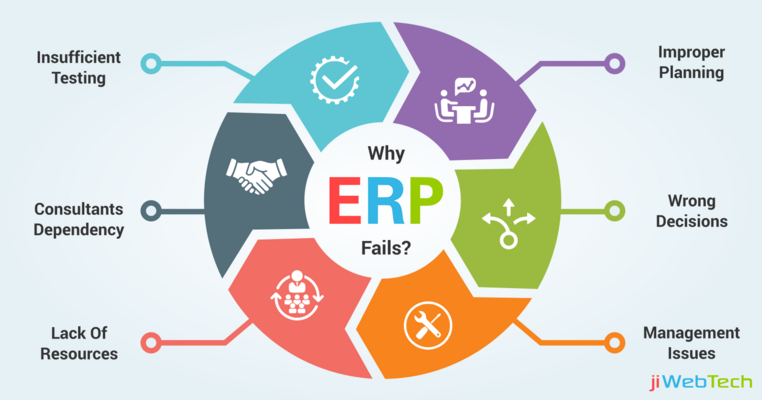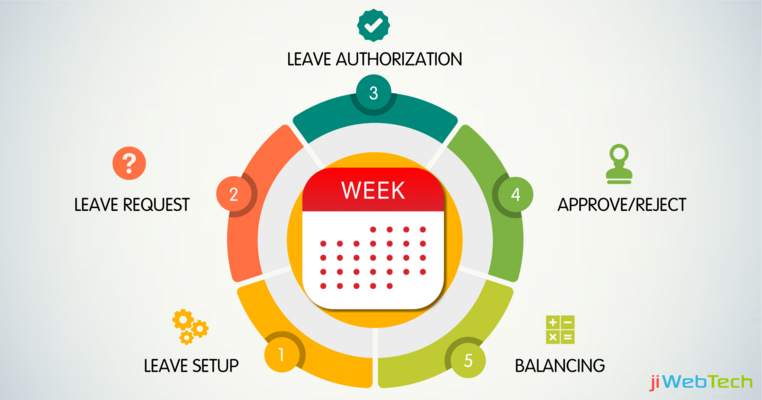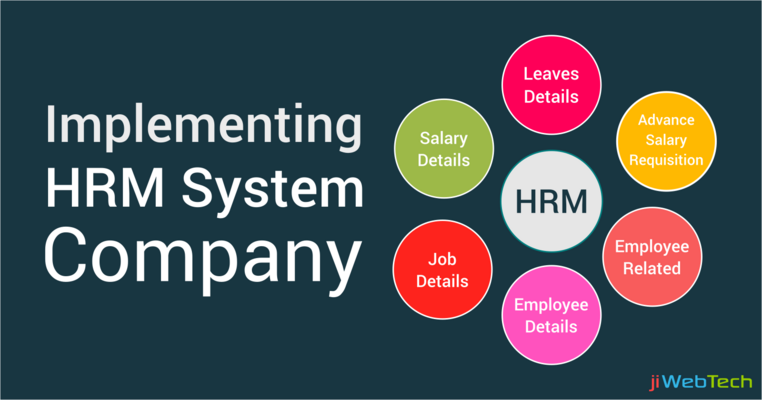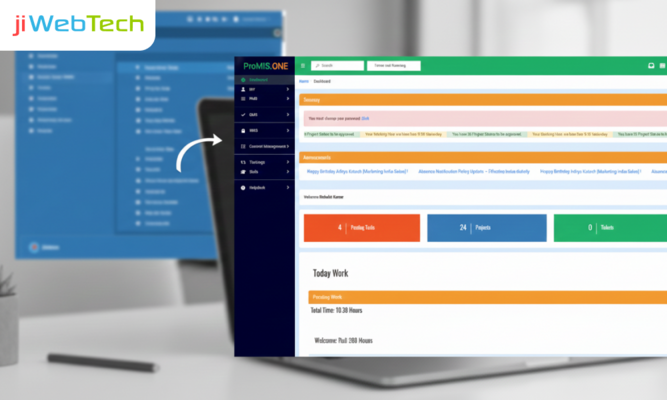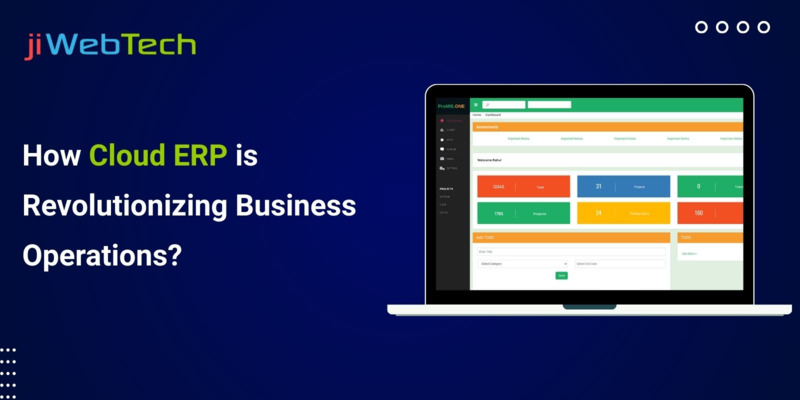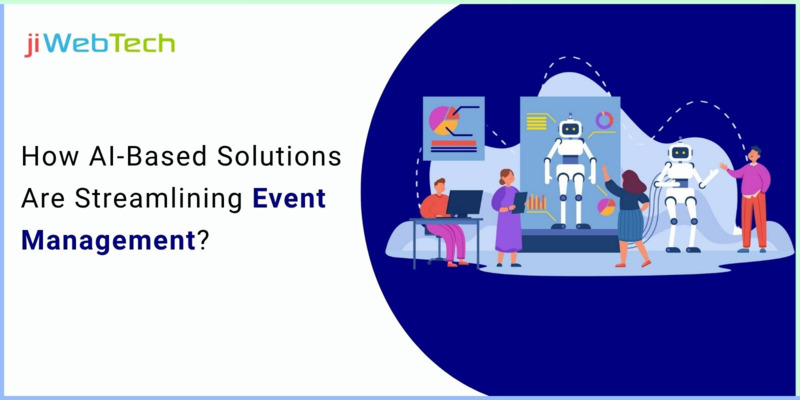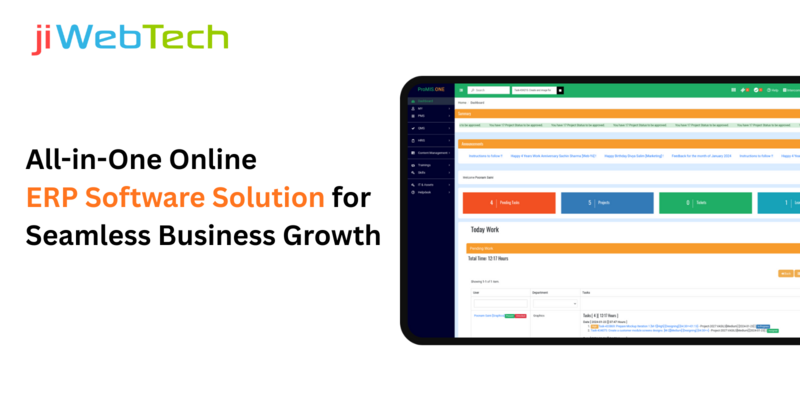- Mar 08, 2018
- Enterprise
- 14122
Share this post on:
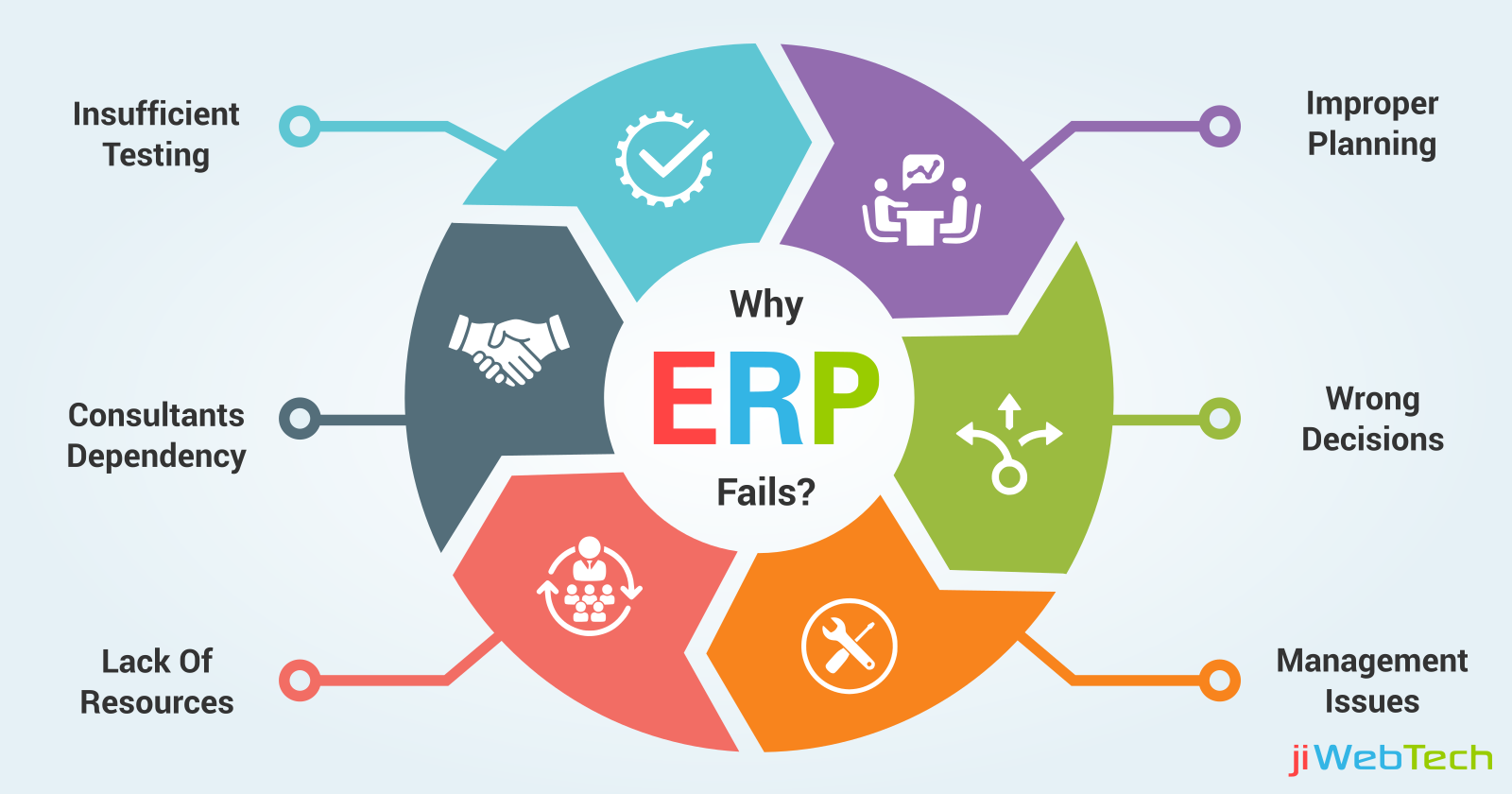
The ERP i.e. the Enterprise Resource Planning system of an organization works in the same way as our nervous system does for our body. A good ERP system plays a keen role in the educational sector too. By keeping a track of the resources of the organization and competitors, it helps in increasing the growth by minimizing the overall expenses.
Implementing an ERP system for your enterprise can be said as one of the best investments. The possible reason behind that it is the basic IT system which supports several features like reporting, human resource, customer handling, accounting, etc. Despite this, it is also a fact that most of the companies fail when it comes to implementing or upgrading the ERP system.
Following are the top reasons behind the failure of ERP implementation which can be easily avoidable:
Problems Relating To Planning: Lack of proper plans can become the biggest reason for the failure of the ERP system for most of the companies. If the plans are not realistic and detailed, it can lead to huge failures. Usually, the companies focus on broad assumptions and underestimate the amount of business change involved in it. It is the most common mistake. A logical sequence of plans can help in the preparation of a good plan.
Lack Of Clear Destination: After the company makes the decision regarding the implementation of ERP system, it is necessary to make a clear definition of success. In simple words, it means having a clear destination can define the important processes and also regulates the financial benefits and deadlines. The outcome becomes a moving target in the absence of a strong definition of success.
Inappropriate Decision Making: Before implementation, the companies usually find themselves in the confusion that whether they need to start the ERP implementation projects or not. After taking the required decision, there are other important questions like the reimplementation of the same software or switching to another software vendor etc.
Project Management Issues: There can be witnessed a lot of difference in your gross profits if you hire an experienced person in project management. In addition to that, a project manager needs to be an active leader pushing for accountability, transparency, and decisiveness.
Under Estimation Of The Required Resources: One of the most common blunders that can happen is related to the projection of resources. The internal and external resources should be understood properly in order to complete the project. You need to study both to avail better end results.
Over Dependency On The Consultants: There is involvement of consultants in most of the ERP implementation projects but over dependability on these experts can make the team more redundant. The only solution to this issue is by maintaining control over the key business decisions. By having an explicit plan, you can manage to transfer the knowledge from consultants to internal employees.
Lack Of Sufficient Testing: The rectifying or the testing stage in an ERP project is focused to meet the needs of business and also keed the check on the output. If your testing is not enough, it can lead to unseen defects. This leads to increment in the risk and the ERP system will not be accepted by the end users.
Hence, it is concluded that despite there are a number problems attached to ERP system but proper guidance and better human resource management softwares can easily detect and avoid them.
